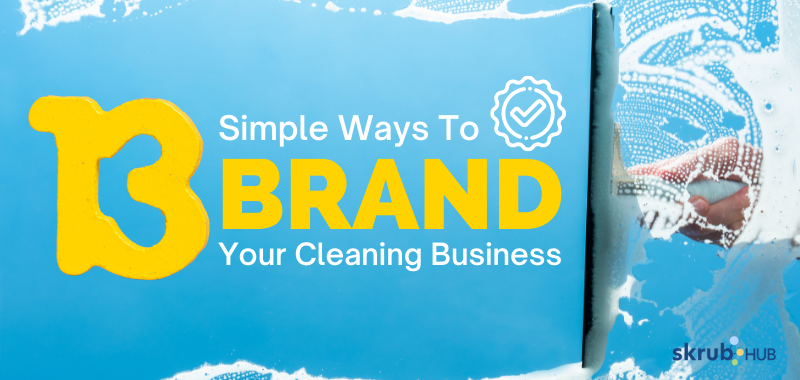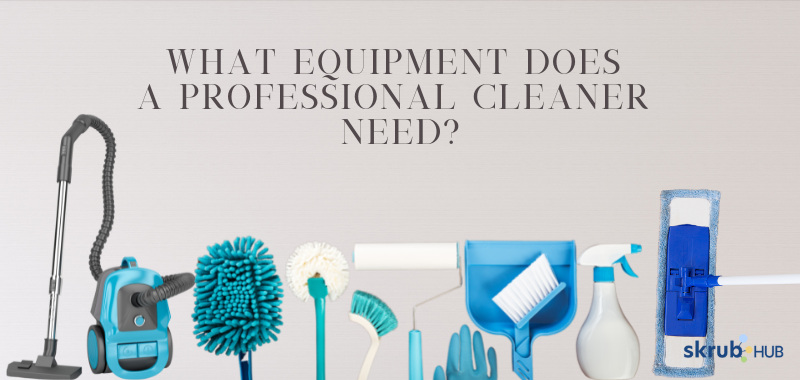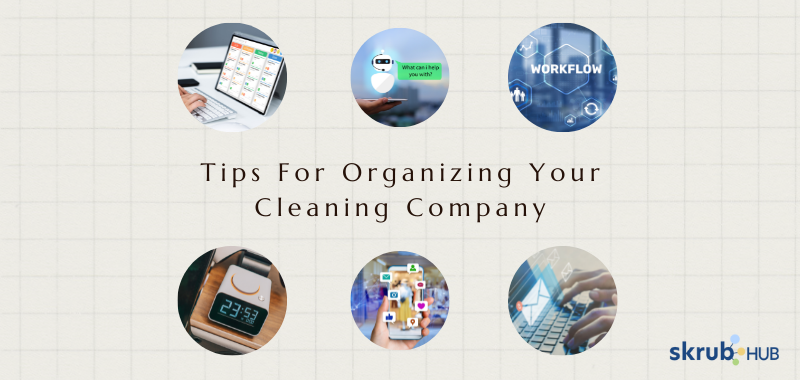
How to Declutter my Home
How to clean the driveway?
Your home’s first impression always matters, as portrayed by the front of your house. Therefore, cleaning your home does not necessarily mean that you are just cleaning the inside of your home. It includes having to clean the outside of your home as well. The outside of your house is what people see first before entering, which means that it also needs to be neat.
Certain aspects encompass the outside of your home. For example, some people have concrete driveways and a garden of various sizes, while some have a simple porch that directs to the inside of your home. Nevertheless, these spaces still accumulate soils and piles of dirt, especially when in contact with the outside world.
Driveways are commonly used, especially if you have certain vehicles that you drive for your everyday errands. Moreover, these spaces can garner vehicle-made soils themselves or from the surrounding grass from the garden. Hence, here are a couple of tips and tricks that will give you a good first impression through cleaning your driveway!
Types of driveways and how to clean them
[Image 2]
Various types of driveways can be seen from the outside of different homes. Two of the most common materials used for driveways are concrete and asphalt. While there are some differences between both, the similarities still include common driveway soils that will be discussed.
Concrete driveways
If you find a driveway with some decorative aspects, you are looking at a concrete-made driveway. Concrete has longer durability than asphalt driveways as it can last up to fifty years. However, concrete is less flexible and porous, which is why occasional degreasing is important. Concrete also tends to be more expensive through repairs and maintenance.
How to clean concrete driveways
[Image 3]
Step 1: Use a hose or a pressure washer to wet the concrete.
Step 2: Fill a spray bottle with water and vinegar with a dash of liquid detergent and spray it onto the area (If you are accommodating a larger area, then fill in equal parts in a bucket and generously pour onto the area)
Step 3: Let the solution sit for about 30 minutes.
Step 4: Scrub the area using a heavy-duty scrub or a nylon-bristled scrub brush.
Step 5: Rinse the area with your garden hose or pressure washer and let it dry for a day.
Asphalt driveways
[Image 4]
Asphalt driveways are solid and less expensive than concrete. However, its softer material can only last up to 30 years, which is less than concrete. This material needs to be maintained every three to five years; however, it is much easier and is more cost-effective. If you aim for a solid and laid-back look for your driveway, then asphalt is the one for you!
How to clean asphalt driveways
Step 1: Pre-wet the area with your garden hose.
Step 2: Mix thoroughly one part laundry detergent, one part bleach, and three parts water in a bucket.
Step 3: Pour the solution into the asphalt area.
Step 4: Use a heavy-duty scrub or a nylon-bristled scrub brush to spread the solution into the texture of the asphalt. Make sure you do this in a circular motion to remove any soil buildup on minuscule cracks.
Step 5: Rinse the area with a steady stream of water to remove the solution and the residue from the scrubbed-off dirt.
How to clean specific soils on your driveway
[Image 5]
Aside from maintaining your driveway, buildup soils are also specific to your driveway’s surroundings. For example, some soils come from your vehicles, while the wind flies others to your home. Nonetheless, here are some specific soils that you may notice on your driveway and simple steps on how to clean them.
Oil and grease stains
Oil and grease can come from the vehicle you use. These leaks are sometimes a call for vehicle repair, which can mean you have to take them to the repair shop. Moreover, these can also stain your driveway if not cleaned immediately.
You can use cat litter, baking soda, or any absorbent products to remove your driveway’s fresh oil and grease stains. Once the leak has dried off, you can easily scrub or sweep away the product, which should easily come off. If you are dealing with days-long stains, then the detergent is your best friend. First, wet the area with water and use a strong powder detergent or a dash of liquid detergent on that specific area. Then, give it an aggressive scrub with your heavy-duty brush and rinse it off.
Mould or fungus
In time, you may notice that your driveway may start to darken, which is not caused by your vehicles. Mould and mildew can commonly cause hue changes on your driveways, an effect of certain weather conditions. It is normal to encounter these stains, and there are a couple of easy steps to remove them.
To remove moulds, you must use mould-killing products such as bleach or strong detergents. Mix a one-fourth cup of bleach with a gallon of water. Soak your brush in the solution and aggressively scrub the area until clean. A more natural way of removing moulds is replacing the bleach solution with three parts of water for every one part of white vinegar.
Fertilizer and leaf stains
Nature may come and stain your driveways, a natural occurrence you cannot avoid. To remove fertilizer stains, apply equal parts of white vinegar and water to the area and scrub until it is clean. If the white vinegar does not come to an effect, then you can use muriatic acid, rust remover, or any acidic cleaning products appropriate to your concrete driveways.
Leaf stains can be common due to the certain weather changes that bring up your leaves, marking your driveways. To eradicate leaf stains, use an organic detergent and apply it to the damp area. Then, scrub it aggressively with your heavy-duty brush and rinse. Repeat the procedure if marks are still visible.
Conclusion
The outside of your home is as important as its inside. Cleaning both can ensure a healthy and clean ambience welcoming you, your family, or any visitors. These processes do not require daily cleaning, and you can just accommodate these spaces occasionally. However, it is always important to remember to maintain to avoid expensive rebuilding.
There are numerous products and natural cleaning agents appropriate for your driveways. You must know how these products and agents work and how they are essential to clean soil from your driveway. Occasional cleaning can do wonders to brighten up the atmosphere of your home from the outside.
FAQ
How do I seal concrete driveways?
Seal your driveways after cleaning them and letting them dry for about a day. Use an asphalt or concrete sealer and paint first on the edges, then use a roller to paint the rest.
Can I use a pressure washer to clean asphalt driveways?
It is alright to pressure wash your asphalt; however, you should always be cautious and reseal the asphalt after your pressure cleaning procedure.
Can I mix cleaning products to clean my driveway?
You should never forget that mixing these products does not mean that you are creating a stronger solution for your driveway. It is not safe to mix any cleaning products together.
Related Post
Attracting More Clients for your Cleaning Business Promoting your business has always been the most crucial part of your growth. It...
How to clean the driveway? Your home’s first impression always matters, as portrayed by the front of your house. Therefore, cleaning...
Types of Clients and Locations you’ll Encounter in your Cleaning Business Handling a cleaning is not always stable and repetitive...
What is a Good Profit Margin for a Cleaning Business – Tips for making your business profitable! For some people, cleaning...
How Much Should I Charge To Clean A House? Planning on the pricing of package rates and hourly rates for cleaning...
How to Clean and Store Equipment in Cleaning Offices Finishing procedures are also vital in the cleaning process. It shows...
How do you write a winning proposal for a cleaning contract? A cleaning contract proposal is a business document that...
Ultimate Methods To Market And Pitch A Cleaning Business The top ways to distinguish yourself from the rest of the...
How Do I Get a Cleaning Contract? You’ve already set up your cleaning business’s website, prepared all of the necessary...
What Do Customers Expect From a Cleaning Company Being new to the industry may feel like you are walking on eggshells....
Cleaning Business Tips on How to Keep Clients Happy When operating a cleaning business, customer loyalty is very important. A cleaning...
13 Simple Ways To Brand Your Cleaning Business Branding is more than simply an attraction and a catchy phrase. It talks...
6 Methods for Improving Cleaning Business Performance With today’s current technological innovation, enterprises and businesses globally evolve quickly daily. As a...
What business structure is best for a cleaning service? Having a detailed business plan can assist you in determining the future...
What equipment does a professional cleaner need? Here’s the answer… Have you considered establishing your own cleaning business? If yes, you...
Ultimate Tips for Organising Your Cleaning Company Having a cleaning business can be troublesome, and if you want to start one,...
Challenge: How Do I Start My Own Cleaning Business The concept of a cleaning business is very appealing, but before you...


















